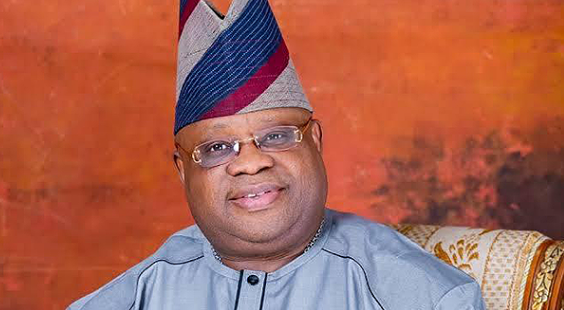Abuja, Nigeria: The Federal Government is aiming to raise Nigeria’s tax-to-GDP ratio from below 10% to at least 18% over the next three years, driven by sweeping fiscal reforms recently enacted. This was disclosed by the Chairman of the Presidential Committee on Fiscal Policy and Tax Reforms, Mr. Taiwo Oyedele, during an interview on Arise TV on Thursday.
Oyedele explained that the ambitious revenue target will be achieved without increasing existing tax rates. Instead, the reforms focus on closing the country’s significant tax gap—estimated at 70%—by improving compliance, reducing tax evasion, and simplifying the tax system.
“Nigeria’s economy is estimated between ₦270 to ₦300 trillion, but our tax yield has been consistently low. Until last year, it was under 10%, compared to countries like South Africa at 26%, or France at over 30%,” he said.
He noted that the country’s low tax compliance not only undermines revenue collection but also unfairly penalizes those who do pay taxes. “Our analysis revealed a massive tax gap, which not only limits government revenue but also incentivizes tax evasion. The new laws are designed to reverse this trend.”
The new legislation, signed into law by President Bola Tinubu, includes the Nigeria Tax Bill, Tax Administration Bill, Nigeria Revenue Service Establishment Bill, and the Joint Revenue Board Bill. Key provisions are aimed at easing compliance while ensuring a fairer tax burden across income brackets.
One of the landmark reforms is the exemption of individuals earning less than ₦1 million annually from paying personal income tax. Previously, people with incomes as low as ₦300,000 were subject to rates as high as 7%.
“In practical terms, this means that low-income earners will no longer pay personal income tax. Similarly, small businesses with annual turnovers below ₦50 million will be exempt from company income tax,” Oyedele explained.
Corporate income tax remains at 30%, while Value Added Tax (VAT) stays at 7.5%. However, exemptions have been introduced for essential goods and services such as food, education, healthcare, rent, and public transportation.
Oyedele emphasized that beyond revenue generation, the reforms are aimed at restoring public trust in governance. “People ask, ‘What happens after the taxes are collected?’ That’s why part of the reform agenda includes transparent and accountable use of government revenue. It’s about renewing the social contract and making government work for the people.”
He also acknowledged that the reforms were long overdue, noting they should have been implemented decades ago. He credited President Tinubu for showing political courage in enacting the reforms, despite resistance.
“This reform should have happened 30 years ago. I commend the president for his leadership and resilience in the face of criticism. Even when things got contentious, he never wavered or shifted blame,” Oyedele added.
The administration views these reforms as a cornerstone of its broader economic strategy to improve fiscal sustainability, stimulate growth, and promote equity within the tax system.
By Enoch odesola/ June 27,2025




